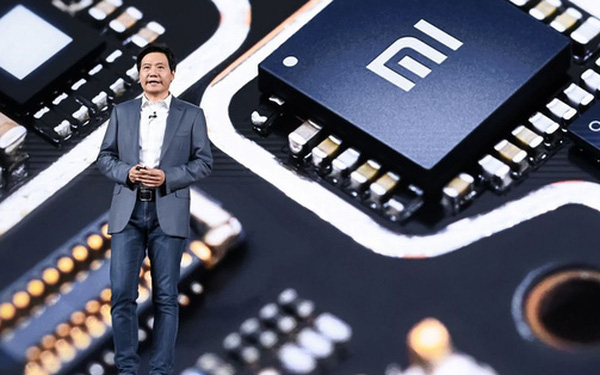Will Xiaomi become the Apple of the electric car industry?
- Tram Ho
Referring to a smartphone manufacturer preparing to enter the electric car sector, people often think of Apple. However, the answer is not only iPhone maker, Xiaomi – the third largest smartphone maker in the world, is also planning to target this market.
On March 30, the Chinese company said it would spend $ 10 billion over the next decade to get into electric vehicle manufacturing, with an initial investment of about $ 1.5 billion. Details of this plan are currently unclear. However, due to its new entry into the automotive manufacturing sector, Xiaomi will likely find an outside partner to handle the production, while focusing on design and engineering.

China’s search giant Baidu is also making a similar move. The company cooperates with Zhejiang Geely Holding Group – the parent company of Volvo Cars, to manufacture electric vehicles. Apple is also in the process of finding partners to manufacture cars, after previous negotiations with Hyundai Motors have “collapsed”. The same outsourcing model is also adopted by some Chinese electric vehicle startups, such as NIO.
However, this project is clearly the top priority in Xiaomi’s plans. The company’s CEO and founder – Mr. Lei Jun, will personally oversee what he describes as “the last big business plan of his life”. And it is clear that Xiaomi is aiming to capitalize on the recent “crazy” trend in electric vehicle stocks. For example, Baidu shares have risen sharply this year, before being scrapped by major banks due to their involvement in the Archegos crisis.
In addition, Xiaomi is also betting that cars will soon become larger smartphones. If the car becomes a combination of software and hardware, tech companies will have superior automotive designs that are more attractive than traditional car manufacturers. Automobiles with fully autonomous functions will become the key point of such development, although the production and completion process will take many years.
According to the Wall Street Journal, this “gamble” seems to lie within Xiaomi’s affordability. Morgan Stanley said the average annual investment of $ 1 billion is equivalent to the early stages of other electric car startups. Meanwhile, this only accounts for about a third of the cash flow from operating operations annually and Xiaomi even holds $ 11.9 billion in cash and short-term investments.
Xiaomi is also strong in its core business, as the world’s third-largest smartphone maker by the end of 2020, after gaining market share from Huawei. If outsourcing production, Xiaomi can focus on investing in R&D instead of building factories.
Even so, Xiaomi is entering a field with lots of competitors but no prior experience. This company is known for its affordable and good quality products, such as air purifiers to rice cookers. But making cars – products that are more expensive and buy less than home appliances, is another matter. Despite holding many advantages, the electric vehicle sector is still a risky “trip” for Xiaomi.
Source : Genk
